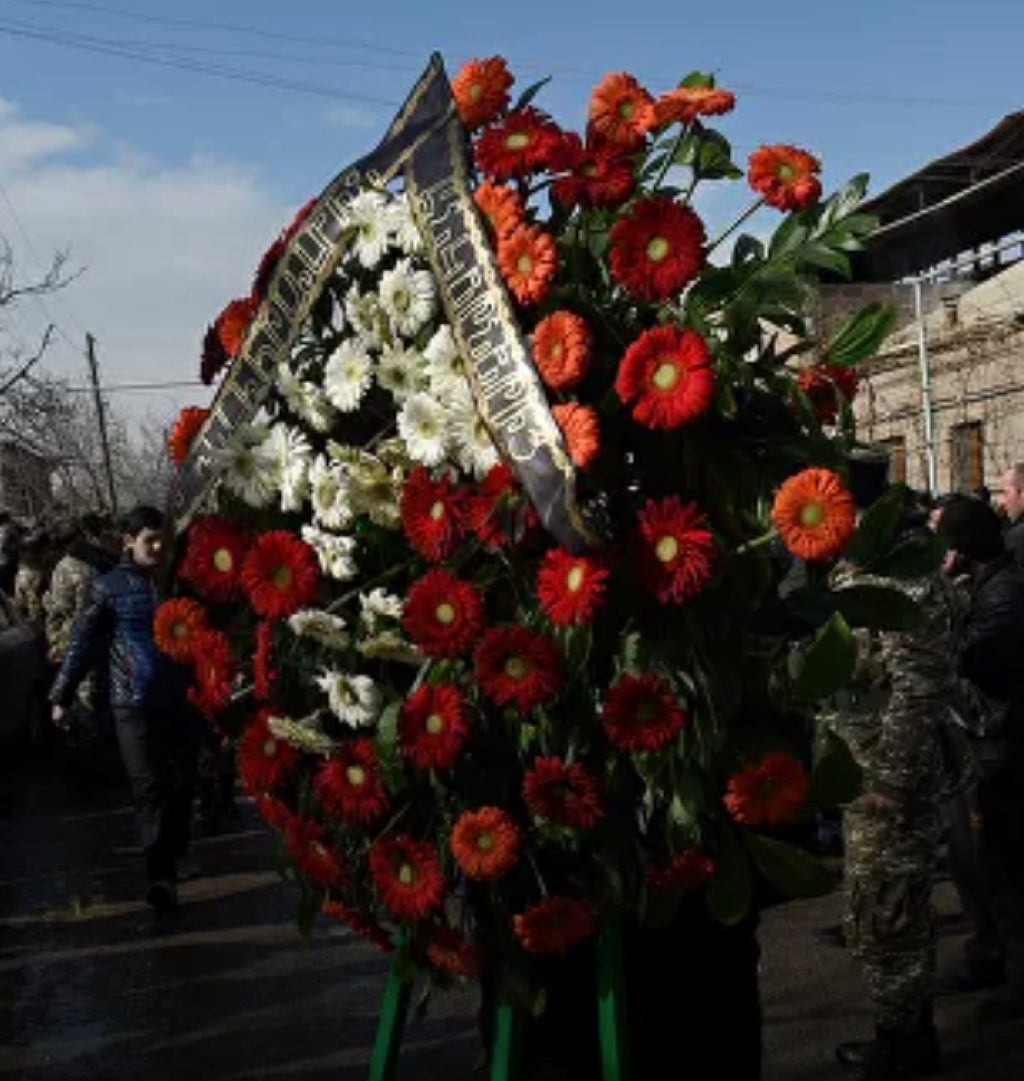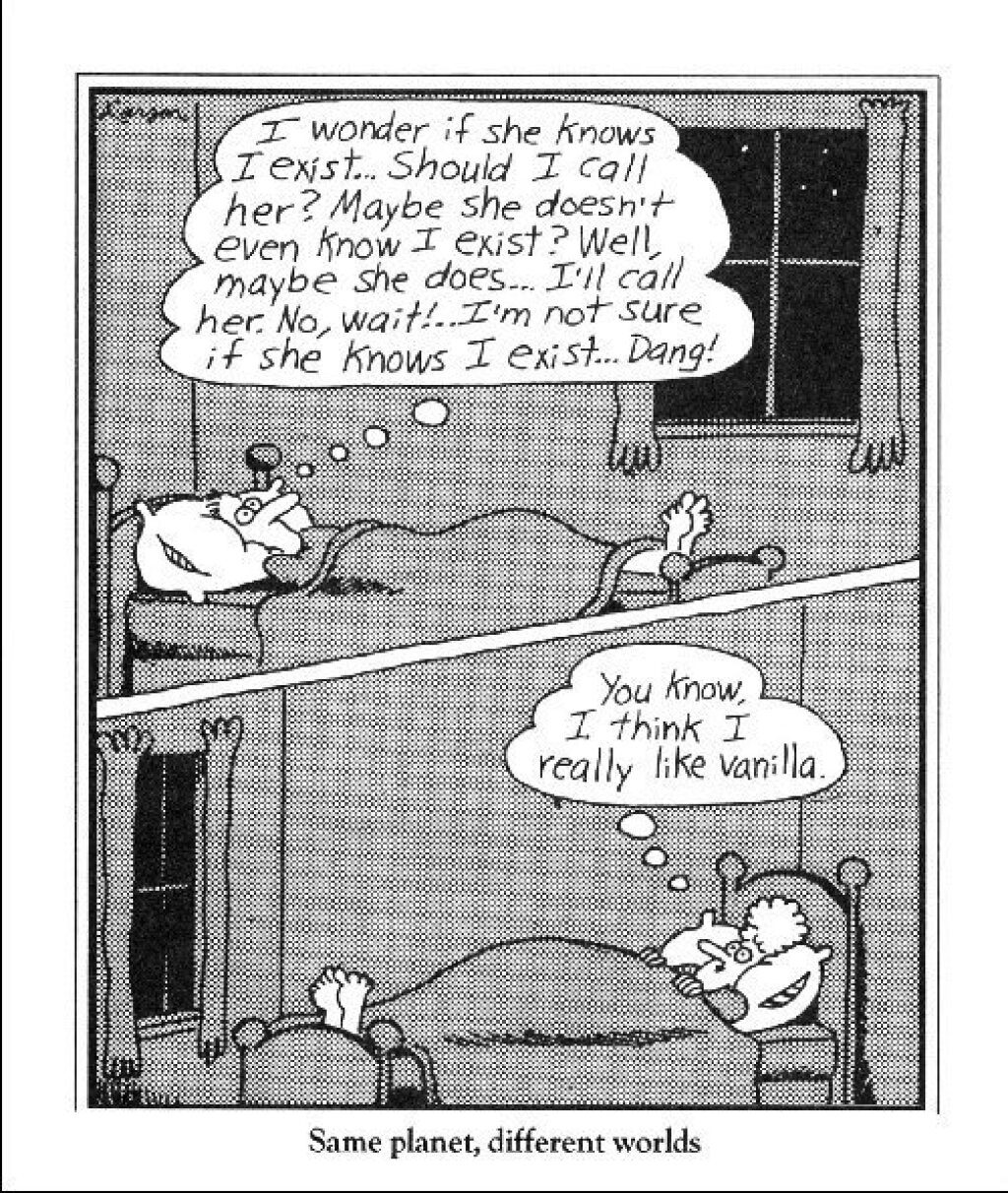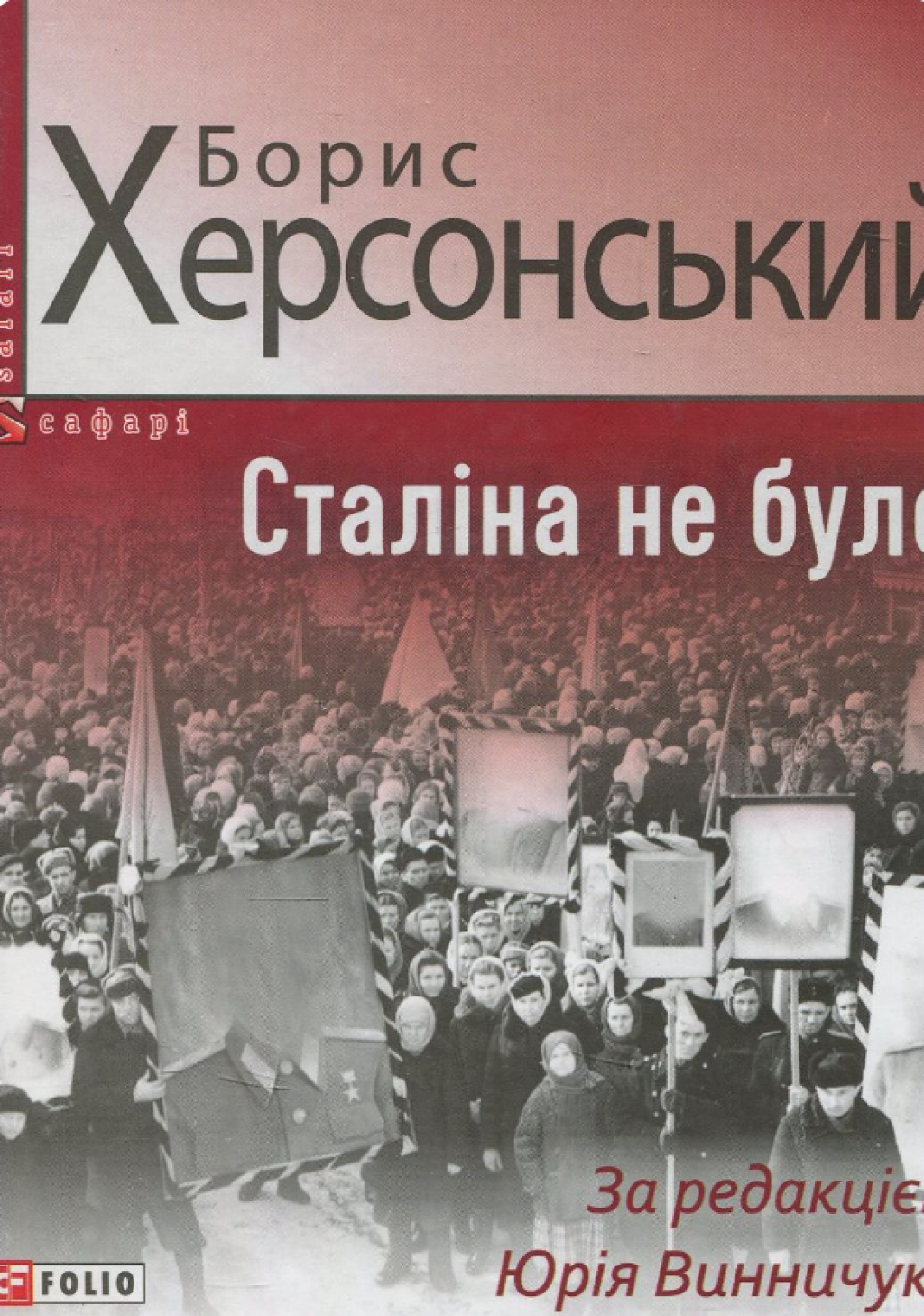Above: A wreath at a 2020 funeral in Armenia.
Turkhan Sadigov is a researcher of post-Soviet society and politics.
For the past several decades, fourteen states around the world have introduced or debated legislation regulating funeral spending. Half of these states are located in the post-Soviet region. Specifically, post-Soviet states either regulate death costs (Azerbaijan, Armenia, Tajikistan, Uzbekistan), or have raised the issue in parliaments and attempted to pass legislation regulating rituals (Kazakhstan, Kyrgyzstan, Moldova). Why are post-Soviet states disproportionately more active in the regulation of funerals, a seemingly private practice? My research strives to identify factors that define post-Soviet states’ more active reaction to funeral overspending compared to the relatively passive problem reaction of states in other regions.
There are three broad explanations of government interference in the regulation of funerals, the first of which is corruption. In corrupt regimes, a large proportion of those capable of flaunting wealth during funerals are corrupt officials. In many societies, less well-off households try to keep up with their wealthier counterparts in the execution of rites of passage. Consequently, an ostentatious display of wealth by corrupt officials places a huge financial burden on a broader population that attempt to mimic these lavish practices. Therefore, a central government may regulate these provocative displays in order not to irritate the broader, and often destitute, population. By subduing provocative displays of wealth in ritual ceremonies, local regimes try to conceal the chasm between rich and poor. Otherwise, the regime’s popular image may suffer, which in turn may raise discontent and threaten social stability. Hence, ambient levels of poverty and corruption are important factors in considering the etiology of governmental regulation of funeral expenditures.
My second explanation finds the root of government regulation of funerals in the power of social norms. While almost all of the documents regulating funerals declare the necessity of safeguarding poorer citizens from excessive ritual spending, their implicit assumption is that the ritual market is not self-regulating, meaning that rising funeral expenses would eventually reach a maximum beyond which poorer people would not stray, refusing to enter a spending competition with more affluent households. In practice, this does not happen: poor people find themselves unable to withstand social pressures requiring lavish spending. Governments thus come to their rescue, since otherwise these citizens, unable to cease spending excessively, might risk incurring funeral debts, which would in turn undermine the socio-economic situation and exacerbate population-level poverty. Hence, the greater the pressure of traditions on a person or group, the greater the likelihood of government interference.
My third explanation connects government intervention in funeral practices to state stability. Specifically, states with a higher chance of destabilization (e.g., high likelihood of internal strife, inequality, civil unrest, or other unconstitutional developments) are more likely to react to the problem of death-related cost escalation. For instance, the phenomenon of funeral overspending was characteristic of many societies living through the deep transformations of early modernization. Consequently, lower political stability is associated with a higher probability of government interference. Yet states with higher effectiveness in controlling vested interests are also more likely to regulate funeral overspending.
Research results weigh in favor of some explanations over others. For example, in relatively poorer societies, there is a higher incidence of population discontent over funeral overspending. However, once this problem emerges, poverty does not affect whether a state will interfere to regulate it or not. Corruption, too, does not affect government response to the problem. We can assume that corrupt governments are more likely to ignore the dire situation of funeral debt in poor households, instead pandering to the business interests of powerful groups that benefit from inflated funeral costs.
Even more important in shaping state behavior are two further factors: governments’ ability to stand up to vested interests, and governments’ political insecurity. These two factors may prompt states to regulate funerals before out-of-control death costs pose a threat to socio-political stability. Meanwhile, higher-pressure traditions may prompt parliamentary discussions, but not full state regulation. Another important influence on governments' readiness to regulate rituals is previous similar experience. If a society has a substantial track record of government interference into the regulation of tastes, traditions, and other civil matters, then the probability of relapse increases.
In sum, significant levels of poverty amplify funeral overspending in many regions of the world. But only in post-Soviet societies do we observe the specific combination of political regime insecurity and governmental willingness (and ability) to control the vested interests of corrupt officials. These factors, along with a legacy of Soviet-era battles against "traditionalism" through public policy curtailing individual constitutional rights, make post-Soviet states much more likely to regulate funeral overspending.



